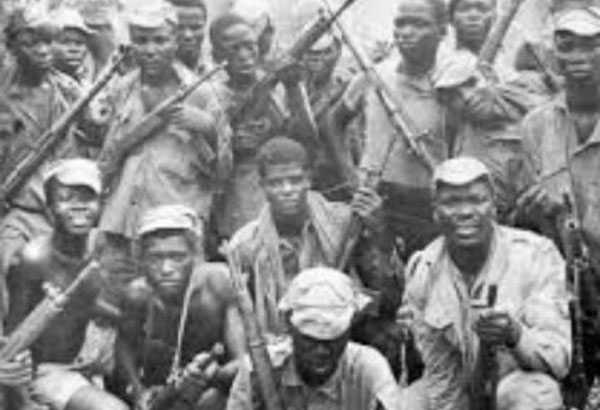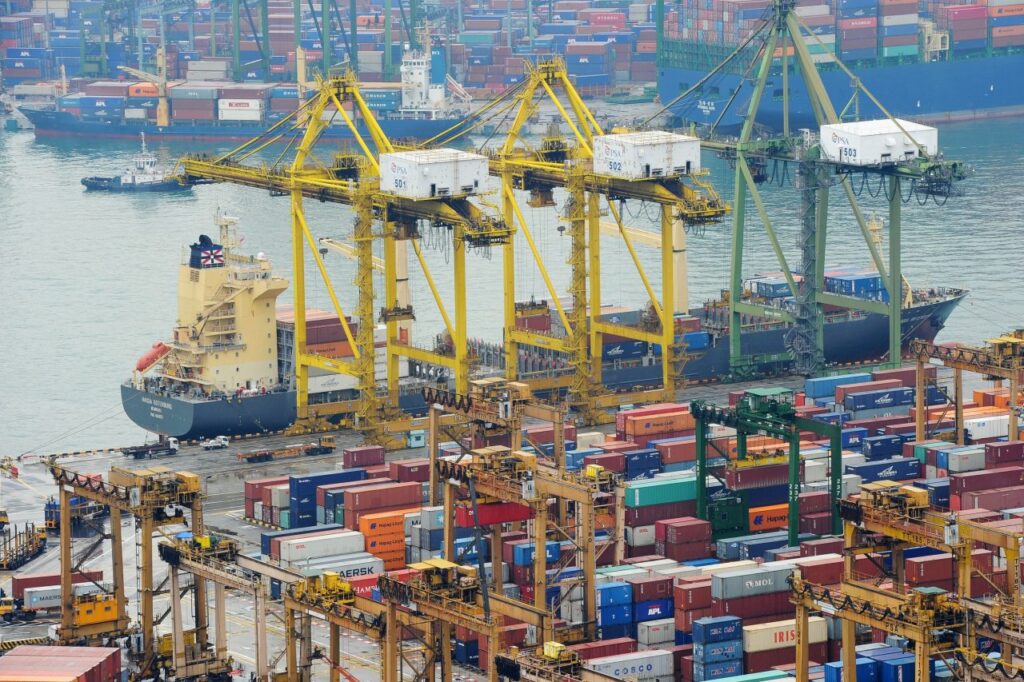
Continued from yesterday
The full strength of the Egbe Agbekoya was revealed when the tax raids began on July 1, 1969. In Akanran (Ibadan Division), armed peasants mounted road barricades and ambushed 200 policemen on the outskirt of the village. Six policemen were killed as fighting commenced. Policemen reinforcement did not yield any result. Hence, two companies of the Nigerian Army were sent in to overrun the peasants’ defences.
The battle continued all day, resulting in the death of 10 more persons. Akanran peasants retreated into the surrounding villages at dusk, leaving many wounded policemen and soldiers behind. At Idi-Ayure, Moniya and Olode, police units were ambushed and fired upon. Fallen trees were used as barricades on major roads. The police arrested 28 peasants in Ogunmakun and 342 peasants in Moniya. One hundred and fifteen of those arrested were sentenced to three years jail term each for rioting.
In September, the nightly attacks continued. For example, in Egba Obafemi, peasants with home-made guns, cudgels and machetes, carried out a night attack on September 22. The town hall, police station, council offices and Treasury building were all destroyed. One week later, a similar attack was carried out at Owode by 100 armed peasants who arrived and left by lorries.
In Ibadan, police and army units made mass arrests during the first week of September. Five hundred peasants were detained by the Army while 50 were arrested by the police. It was supposed to be a dramatic show of strength by the State. However, the peasants’ response was more dramatic. On the morning of September 16th, armed peasants marched into Ibadan from the surrounding villages. They launched a midday attack on Agodi Federal Prison and rescued 464 of their brethren. After the rescue operation, the police ambushed the peasants at Mapo but were driven back. One peasant was killed, so the peasant army retaliated by burning down the Molete Police Station and executing a captured ASP policeman. At dusk, the Western State imposed a curfew on Ibadan and sent armed police and army units after the peasants.
The peasants set numerous ambushes after the Agodi rescue operation. Police and army units were ambushed on the Ibadan-Akanran and the Ibadan-Akufo roads. More ambushes occurred at Egbeda, Bioku, Omi-Adio and Iddo. More than 10 policemen and 30 peasants lost their lives in these armed encounters. Many more were injured and about 300 peasants were captured.
Akanran was burnt down by the Army and police units. The state governor declared an act of rebellion in Ibadan Division and the Federal State was forced to intervene. On September 25th, the Federal State issued a statement demanding a return to law and order in the Western State. The Agbekoya revolt raged on unabated. It ended in October, 1969 when Chief Awolowo, the Federal Commissioner of Finance, met with Agbekoya leaders at Akanran. Chief Awolowo made certain propositions to the Agbekoya leaders. The Agbekoya leaders agreed to these propositions and Chief Awolowo forwarded them as recommendations to the Western State.

The Western State announced its terms on October 15th. The major terms were as follows: (1.) The suspension of the £6 flat tax rate would remain in force. (2.) All anti-tax persons detained would be released immediately (apart from those awaiting trial for alleged murder or manslaughter). (3.) The flat tax rate would be reduced from £3.25 to £2, effective from the 1968-69 tax year. Those who have paid for this tax year would have the excess credited to them for the 1969-70 tax year. The Agbekoya leaders accepted this offer and the State released more than 400 captured peasants. The State also promised that any council official found collecting unauthorised tax rates would be dismissed. The State Governor conducted a successful tour of the Ibadan, Egba and Oshun Divisions after this political defeat suffered by the Agbekoya. The demise of Agbekoya soon followed because the rank and file refused the state’s offer, leading to an internal struggle for the leadership of the organisation.
President Tinubu and his men are no Awoists. They do not believe in free education, free health care, cooperative agriculture, social democratic ideology and sustainable development oriented policies aimed at benefiting the Nigerian masses. Rather, they believe in the IMF neoliberal policies of higher PMS prices, devaluation of the Naira, stagnant wages, high unemployment, cheap labour and higher taxes for Nigerian workers and peasants that will generate higher income for their ruling class friends and cronies. They do not care for the rest of us. The possibility that PBAT will be able to walk into a circle of revolting peasants and make a deal is very low.
A very detailed account of the Agbekoya Rebellion can be obtained from Toyin Falola’s book, “Counting the Tiger’s Teeth”. We would seriously recommend that PBAT and his advisers read it. It is a precursor of the autonomous power of the peasants and their capacity for resistance that will face the IMF ill conceived policy of land grabbing and increased rural taxation of Nigerian peasants in 2024.
Concluded.
Agbon izielenagbon@yahoo.com Twitter:@izielenagbon












